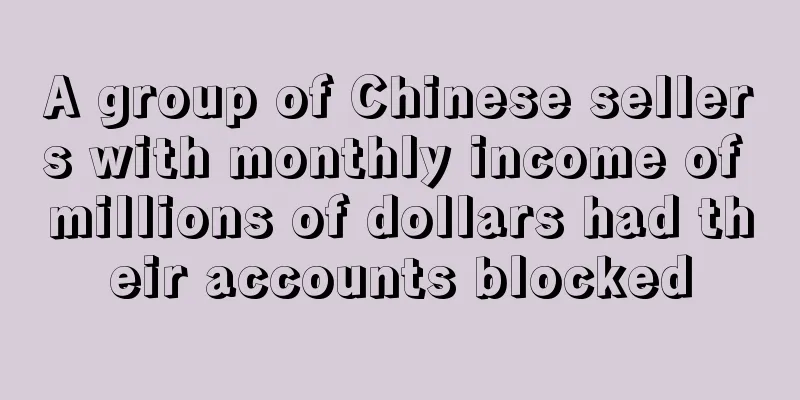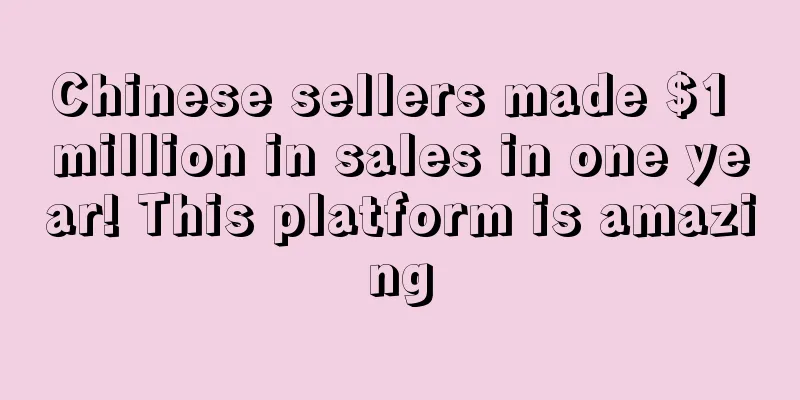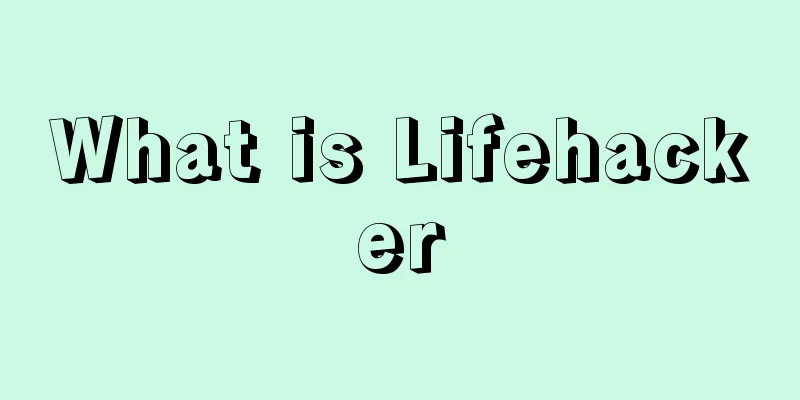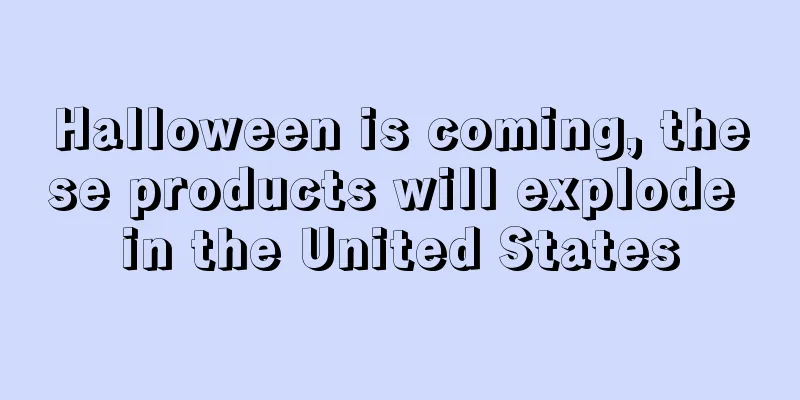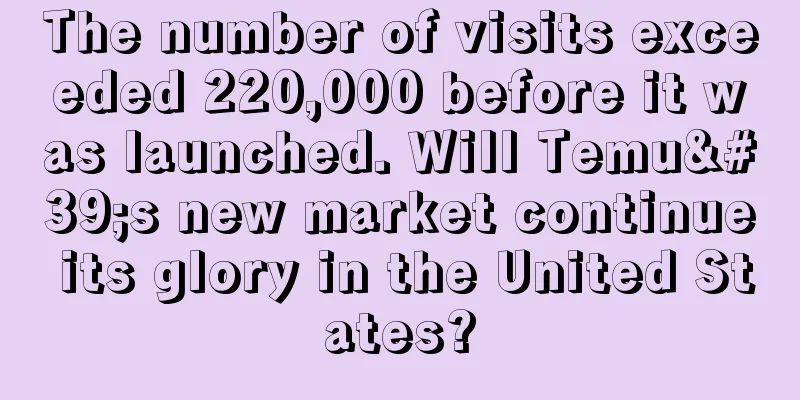Valued at over $80 billion, Winnie the Pooh IP is now open to the public

|
The U.S. Copyright Term Extension Act provides that when a work is a "work made for hire," it will protect a company's copyright for 95 years from the date of first publication, or 120 years from the date of creation (whichever ends sooner).
It is understood that the first Winnie the Pooh storybook was published in 1926. The book has been on the market for more than 95 years. In other words, from January 1, 2022, Winnie the Pooh officially entered the public domain and the copyright was open to the public.
Starting this year, companies other than Disney will be able to use the Winnie the Pooh stories and adapt them into new projects or creative works.
Speaking of Winnie the Pooh, it has to be said that it is a super IP. According to the total global IP revenue statistics of Wikipedia in August 2021, the total revenue of Winnie the Pooh IP reached 80.3 billion US dollars, ranking third on the list.
In the past, I have reported on many copyright protection cases, where many sellers took risks to create derivative products of other IPs. In this case, the sellers either continued to "hide the truth" in a perplexed mood, or were included in the infringement list and their funds were frozen.
For sellers, it is good news that the big IP Winnie the Pooh has now entered the public domain.
But it's important to note that this "opening" only applies to the first storybook. In the 1860s, Disney acquired the license to produce Winnie the Pooh cartoons, comic strips, and other merchandise. Therefore, Disney still owns the copyright to works and characters created after 1926, including Tigger, which first appeared in 1928.
After obtaining authorization, Disney will also modify the animated characters in Winnie the Pooh. For example, in the first storybook, Winnie the Pooh was not wearing any clothes, which means that the Winnie the Pooh we often see in red clothes is still owned by Disney. If sellers want to obtain these images, they also need to obtain authorization from Disney. In addition, trademark issues are also worth paying attention to. Disney still has the trademark rights to the characters in the Winnie the Pooh series.
In fact, the opening of Winnie the Pooh to the public may be just the beginning of copyright issues for Disney and its iconic characters. Two years later, the copyright protection for the original version of Mickey Mouse, Steamboat Willie, which appeared in 1928, will also expire. Winnie the Pooh IP Open |
<<: Fake reviews continue to happen, sellers may be subject to stricter supervision
>>: Diversion! FedEx leases its own ships to deal with supply chain issues
Recommend
What is Hip2Save? Hip2Save Review, Features
Hip2Save was founded in 2008 by Collin Morgan. It ...
Multiple stores were closed! Amazon sent out video verification
Video verification is troubling a large number of...
What is Weisuyi Supply Chain Platform & Weisuyi Supply Chain Platform Review
Guangdong Weisuyi Supply Chain Management Co., Lt...
As the foreign exchange market fluctuates, Anker takes hedging measures!
The foreign exchange market has recently become m...
What is Noon.com
Noon.com is known as the "first e-commerce p...
The popularity has soared by 400%, and the demand for swimming pools and bathtubs is in short supply, with orders booked until 2022
Some companies that sell and install pools and ho...
What is LINE Ads? LINE Ads Review, Features
LINE is an instant messaging software launched by...
What is Zbooni? Zbooni Review, Features
Founded in 2017 by Ramy Assaf and Ashraf Atia, Zbo...
AliExpress opens its third offline store in Spain in Barcelona
On the morning of July 3rd local time , AliExpres...
Suez Canal is blocked again! Cainiao and AliExpress jointly launch merchant subsidies
In two weeks, the Suez Canal, the "main arte...
TikTok also wants to copy homework? Learn from AliExpress and launch a "full hosting" model
The latest news is that following AliExpress and ...
What is tfeng? tfeng Review, Features
Founded by pet owners, tfeng is committed to provi...
North American e-commerce platform Newegg launches live streaming feature
Livestreaming sales is already very common on dom...
Transaction volume exceeds 90 billion won, Korean fashion platform ZigZag achieves new performance heights
As online shopping continues to expand, online sa...
What is Hodinkee? Hodinkee Review, Features
Launched in 2012, Hodinkee has become one of the m...
